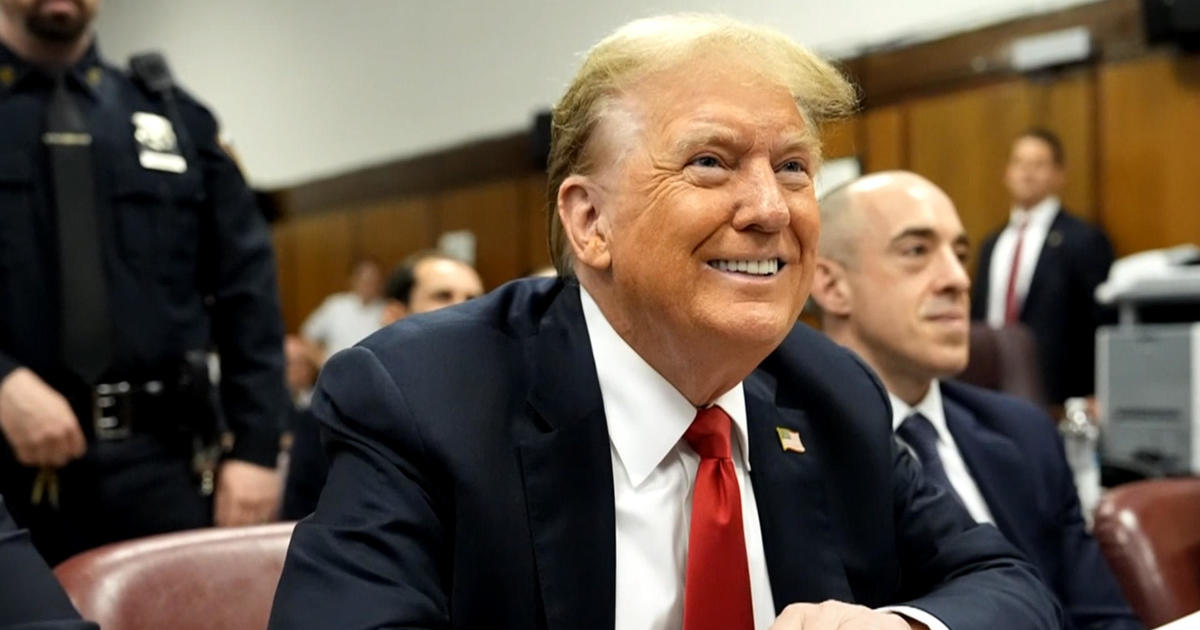Closing arguments were delivered in the criminal “hush money” trial involving former President Trump. Lawyers on both sides presented their final statements, with the jury expected to begin deliberations later in the week. The trial centers around allegations that Trump directed his former lawyer, Michael Cohen, to make illegal payments to two women who claimed they had affairs with Trump in order to keep them silent during the 2016 presidential campaign. The prosecution argued that Trump’s involvement in the scheme makes him guilty of campaign finance violations, while the defense claimed that there was no criminal intent and that Trump did not knowingly break the law.
During the closing arguments, the prosecution highlighted evidence that they claim shows Trump’s involvement in the hush money payments, including recorded conversations between Cohen and Trump discussing the payments. They argued that Trump’s actions were a clear violation of campaign finance laws and that he should be held accountable for his role in the scheme. The defense, on the other hand, argued that Trump was not aware of the illegal nature of the payments and that they were made for personal reasons, not to influence the election. They accused the prosecution of trying to criminalize a common practice of using personal funds to resolve personal matters.
The outcome of the trial could have significant implications for Trump, as a guilty verdict could potentially lead to criminal charges against him. However, legal experts have noted that proving Trump’s guilt beyond a reasonable doubt may be challenging, as intent is a key element in campaign finance violation cases. The defense has maintained that Trump did not have criminal intent and that he was acting in his capacity as a private citizen, not as a candidate for public office. Ultimately, it will be up to the jury to decide whether Trump should be held responsible for the hush money payments.
The trial has been closely watched by political observers and legal experts, as it has the potential to impact Trump’s political future. If he is found guilty, it could damage his reputation and make it more difficult for him to run for public office in the future. On the other hand, if he is acquitted, it could bolster his claims of innocence and strengthen his position within the Republican Party. The jury’s decision will be closely scrutinized and could have far-reaching consequences for both Trump and the broader political landscape.
As the trial nears its conclusion, all eyes are on the jury as they prepare to deliberate and reach a verdict. The closing arguments presented by both the prosecution and defense have laid out their respective cases, and now it is up to the jury to weigh the evidence and come to a decision. The outcome of the trial will have significant implications not only for Trump but also for the legal precedent it sets regarding campaign finance laws and the use of hush money in political campaigns. The verdict will be eagerly awaited by all parties involved and could shape the future trajectory of Trump’s political career.









